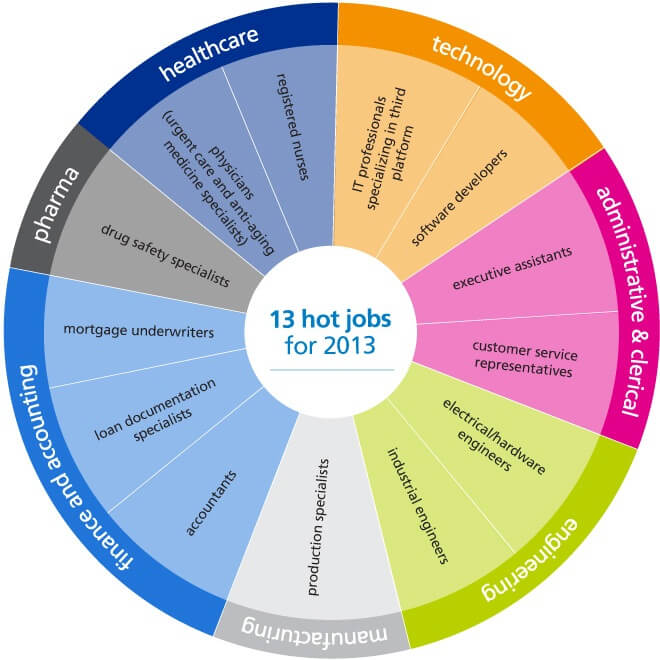Today the UK’s railway industry is expanding at an almost unprecedented pace. The UK, by itself, accounts for nearly 20 percent of the passenger journeys taken in Europe. The nation’s rail network is expanding faster than that of any other European country. As it stands now, the UK has 32,000 kilometres of track linking 2,500 stations. 4,000 trains operate in the country.
These numbers are set to increase in the near future, and that translates into an urgent need for more workers in many different fields. The future calls for talented and hard-working professionals to expand, operate, and maintain the UK’s burgeoning rail network. Thinking about joining this promising field of industry? Read on to learn more about a career on the rails.

Global Travel Opportunities
The UK isn’t the only nation facing major rail expansion in the near future. If you choose to specialise in this field, there are short and long-term employment prospects all over the world, not just here at home.
A Rewarding Career
As it stands today, the average salary you can expect after completing a graduate scheme and going to work with Network Rail is roughly £24,500. (Figures provided by ciltuk.org.uk.) This is very much just the start of a financially-rewarding career. Project management assistants at Network Rail start at about £28,172, and according to Glassdoor, full project managers take home £44,699. If you’re interested Orion have a great jobs board.
An Evergreen Need for Talent
Obviously, the railway industry isn’t ever going to disappear. The UK’s need for skilled railway workers is only going to grow in the future. That means you can rest assured that your skills will always be in demand. Network Rail is just one of the employers open to you in the UK. Other companies (e.g. Transport for London) are regularly hiring as well. There are so many different opportunities available that you’re free to chart your own rewarding career path. Future possibilities like the Crossrail and HS2 projects ensure a bright long-term prospect for individuals in the rail industry.
Ample Specialisation Choices
Like a lot of broad industries, rail transit rewards specialties across a wide range of different engineering professions. There are pressing needs for specialists in mechanical engineering, electronics, telecoms, materials engineering, and many other fields. Over the course of a career, you can build a diverse and much-appreciated set of skills. No matter what your educational background, you can build on your existing skills and pick up many valuable, transferrable skills while working in the railway industry.
Technological Advances
The UK is, broadly speaking, one of the world’s most technologically-advanced nations. Its rail industry is at the cutting edge. Working in this field will expose you to state-of-the-art technologies and allow you to cultivate extremely valuable skills with them.
Extra Perks
Most good jobs involve some less-tangible rewards, commonly referred to as perks. There are ample opportunities along these lines as well if you choose a career in the rail industry. Network Rail is particularly noted as a perk-friendly employer. Examples include rail travel discounts of up to 75 percent and other tempting bonus offers.
Challenging Work
Of course, no industry is without its challenges. It’s currently an open question whether or not the HS2 program will receive full funding; the government might elect to use its financial resources to maintain and upgrade existing rail lines instead. A career in the rail industry will not be a dull one, and a certain amount of flexibility is important. You’ll need to take the initiative to adapt and change your professional skill set to meet changing conditions.
Key Skills
The rail industry prizes teamwork especially highly. You may find yourself working with the same people for years at a time on long-term projects. In terms of background skills, electrical or mechanical engineering will serve you best when entering the rail industry. Telecom skills are also currently much in demand. Network Rail’s push to improve its traffic management system has led to a call for more telecom experts. Speaking generally, rail work demands problem-solving skills. Awareness of health and safety issues is important, particularly in jobs that call for plenty of field work. Physical fitness is also important for these roles. Rail work goes on around the clock, so a willingness to work through bank holidays, at night, and on weekends will serve you well.








